Some Dallas area residents don’t have reliable internet access. The Dallas Fed
wants to change that.
Dallas Morning News, Melissa Repko, August 6, 2019
About 160 city officials, nonprofit leaders, business executives and educators gathered at the all-day event that focused on the importance of reliable, affordable and high-speed internet — and solutions that could help expand access to everyone.
Dallas-Fort Worth is one of the country's fastest-growing regions. It boasts a hot real estate market and is home to two dozen Fortune 500 companies.
But on Tuesday, the Federal Reserve Bank of Dallas spotlighted a problem that jeopardizes the upward mobility of some of the region's residents: a sharp divide between people who have access to reliable internet service and those who do not.
About 160 city officials, nonprofit leaders, business executives and educators gathered at the all-day Digital Inclusion Summit in Dallas. The event focused on the importance of reliable, affordable, high-speed internet — and solutions that could help expand access to everyone.
"When you look at broadband today, it is the tool of opportunity," said Hugh Miller, the city of Dallas' chief information officer. "And if you don't have affordable broadband that has a decent amount of speed, you are going to miss out on today's opportunities."
Miller said Dallas trails other cities that have pushed for the build-out of fiber-optic cable. "Part of the complexity is catching up and doing it as rapidly as possible," he said.
In Dallas, the digital divide is stark. About 42% of Dallas households do not have a subscription to home broadband, according to the most recent five-year estimates from the U.S. Census Bureau.
Jordana Barton, a senior adviser at the Federal Reserve Bank of Dallas, showed a map of Dallas shaded dark plum to indicate areas where more residents have subscriptions for high-speed home broadband. In the bottom half of the map, especially in southern Dallas, the map's light pink indicated lower access and slower speeds.
Barton said connectivity goes beyond laying more fiber-optic cable. "We are really talking about human capital," she said. "How do we invest in people?"
Barton has helped organize similar digital inclusion summits in San Antonio and in Rockport, a coastal Texas town ravaged by Hurricane Harvey two years ago. She began studying the economic impact of the digital divide in 2015 after visiting colonias along the Texas-Mexico border. She met families that struggled with poverty and did not have basic infrastructure, such as wastewater management.
But parent after parent brought up the same concern: Their children, who didn't have internet, couldn't do their homework. She met a mom of two young boys who couldn't participate in a college program because most classes were online.
Barton said the internet has transformed nearly every aspect of how people live and work. Young children complete their homework online. Families track their savings through a banking website. And instead of driving to the doctor, a sick person can talk to his or her doctor on a video call.
Without reliable internet at home, people use a patchwork approach. They leapfrog among public libraries, McDonald's or other places that offer free Wi-Fi. They rely on smartphones as their primary connection to internet — at least until they hit pricey data caps or fall behind on bills.
In panels and keynote speeches Tuesday, speakers swapped strategies and encouraged local leaders to look across the country for creative solutions. Banks can help finance the build-out of fiber-optic cable. Libraries can lend people a mobile hotspot that provides home Wi-Fi. Nonprofits can offer classes at libraries — or even in laundromats — to teach digital skills.
Francella Ochillo, executive director of Washington, D.C.-based nonprofit Next Century Cities, challenged the room to reach out to the disconnected as they look for solutions. In South Bend, Ind., she said, tech advocates and city leaders went door-to-door to talk to people.
Ben Magill, executive director of the Dallas County Community College District's Labor Market Intelligence Center, said expanding internet access is crucial if the Dallas area wants to build up its local workforce and grow the talent that companies need.
"Maybe my mind is just too simple. I just don't understand why we cannot fix this in a place like Dallas with all the resources and all the different institutions and all the different grants," he said. "I know it's complicated on paper, but this is the opportunity of our time."
